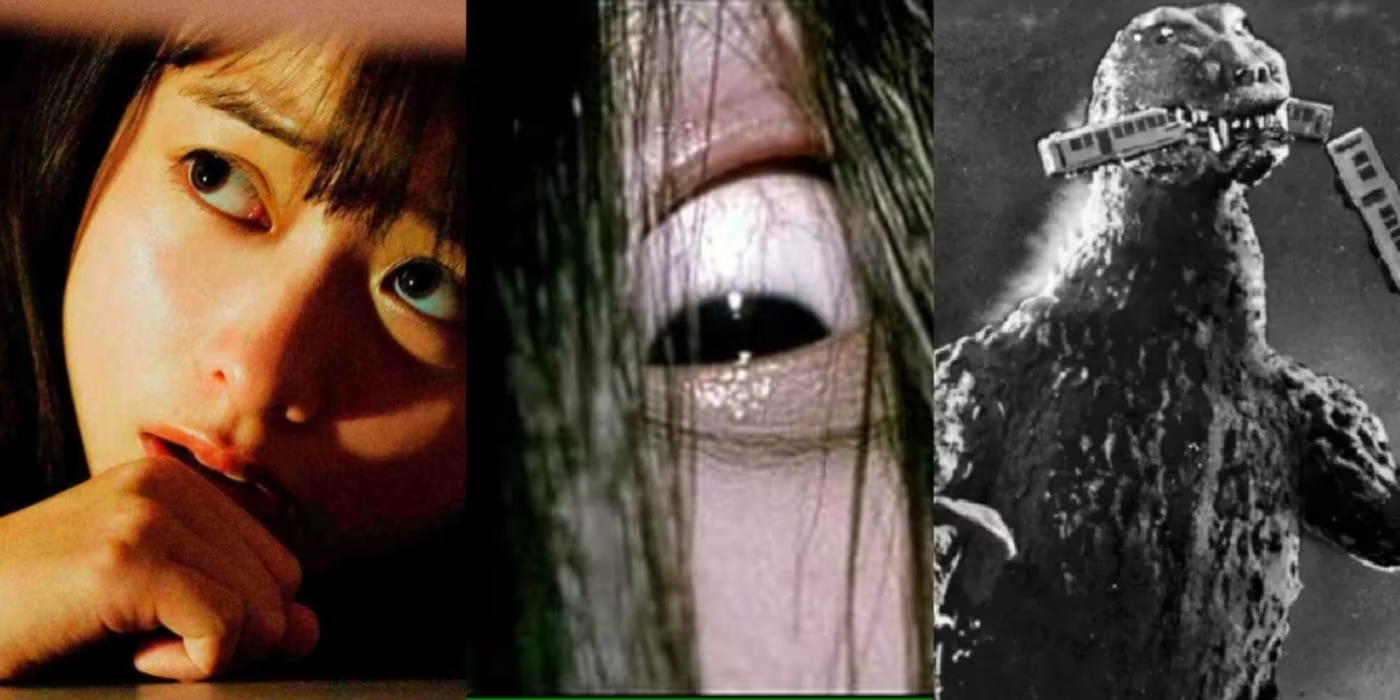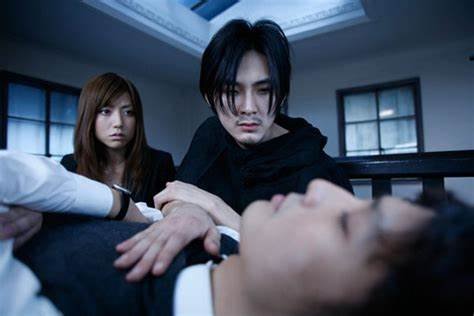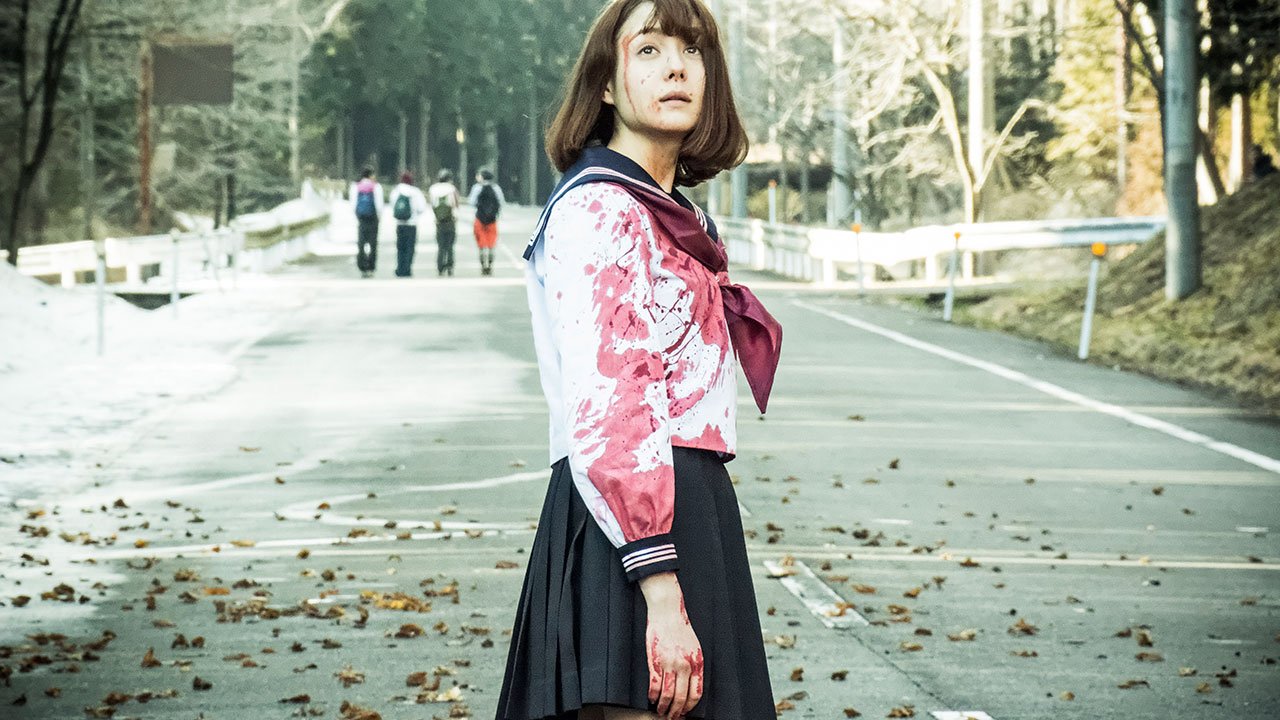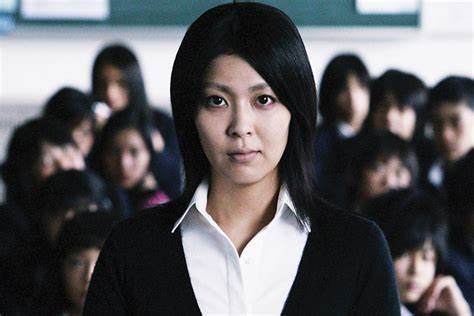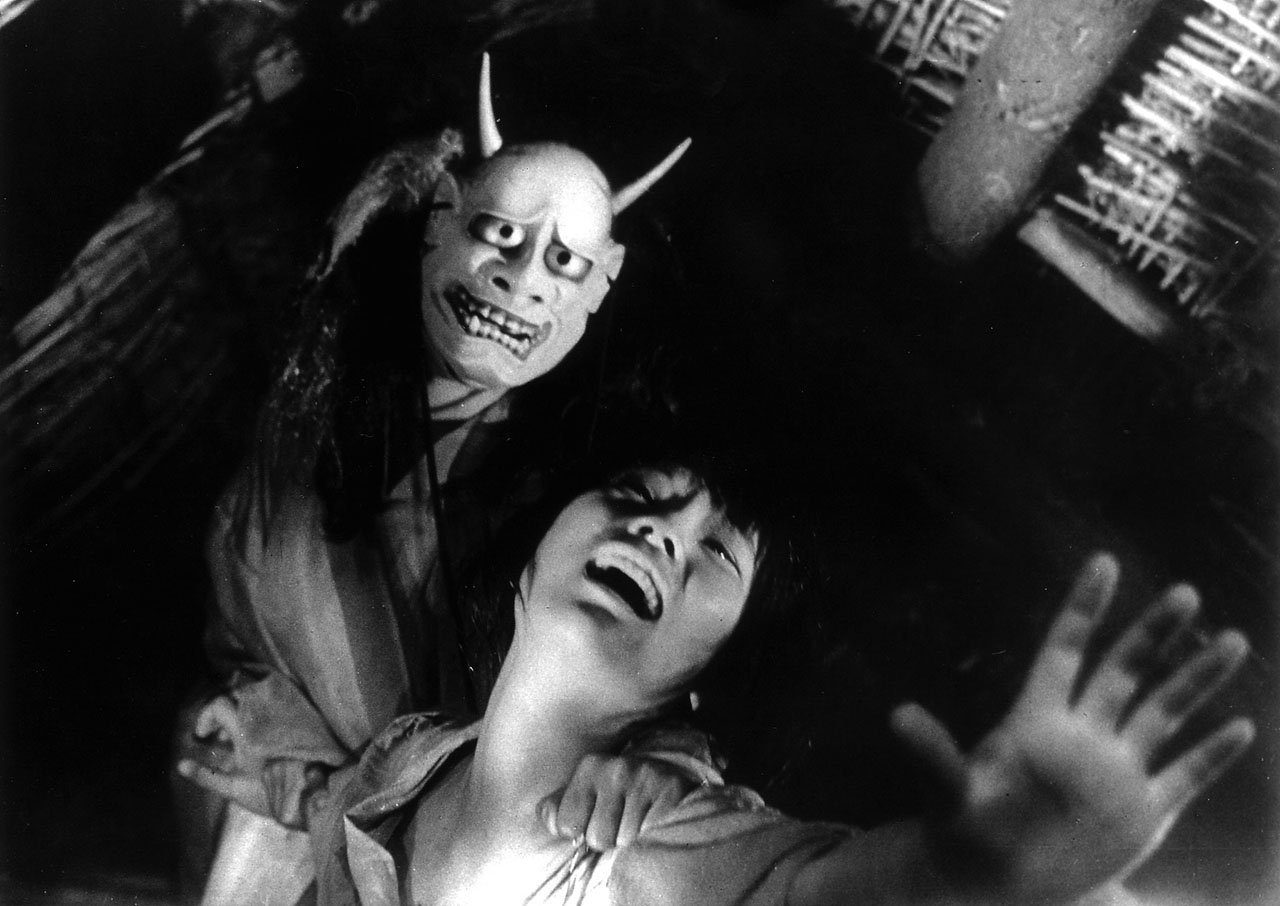Japanese horror films are renowned for their ability to evoke profound fear and unease. However, their significance extends far beyond mere scares. These films delve into deep psychological, cultural, and societal themes, using horror as a lens to explore complex human experiences. This article examines why Japanese horror films are more than just scares and what makes them a unique and insightful genre.
Cultural Reflection and Tradition
Japanese horror films often draw on traditional folklore and cultural beliefs, providing a rich backdrop that enhances their storytelling. Supernatural entities like yūrei (ghosts), kappa (water spirits), and onryō (vengeful spirits) are rooted in Japanese mythology and offer insight into historical and cultural anxieties. By incorporating these elements, the films not only scare but also offer a glimpse into the cultural fabric of Japan.
For example, films such as Ringu and Ju-on: The Grudge utilize traditional concepts of curses and vengeful spirits to create an authentic horror experience. These films reflect societal fears and moral lessons, making the horror both unsettling and culturally significant.
Exploration of Psychological Depth
Japanese horror films often focus on psychological horror rather than relying solely on graphic violence or jump scares. This approach delves into the human psyche, exploring themes of fear, guilt, and trauma. Films like Audition and Kairo (Pulse) use slow-building tension and psychological discomfort to create a deeper sense of dread.
The psychological horror in these films examines the impact of trauma on individuals and how it manifests in their fears and anxieties. By engaging with these themes, Japanese horror films provide a more nuanced and reflective experience, challenging audiences to confront their own psychological fears.
Social Commentary and Modern Issues
Many Japanese horror films incorporate social commentary, using horror as a way to address contemporary issues. Films often tackle themes such as isolation, technology, and societal pressure. For instance, Kairo (Pulse) explores the impact of technology on human connection and isolation, reflecting contemporary anxieties about digital life.
By integrating these themes, Japanese horror films offer a critique of modern society, using horror as a tool to highlight and explore pressing social concerns. This adds a layer of depth to the genre, making it relevant and thought-provoking beyond its frightening elements.
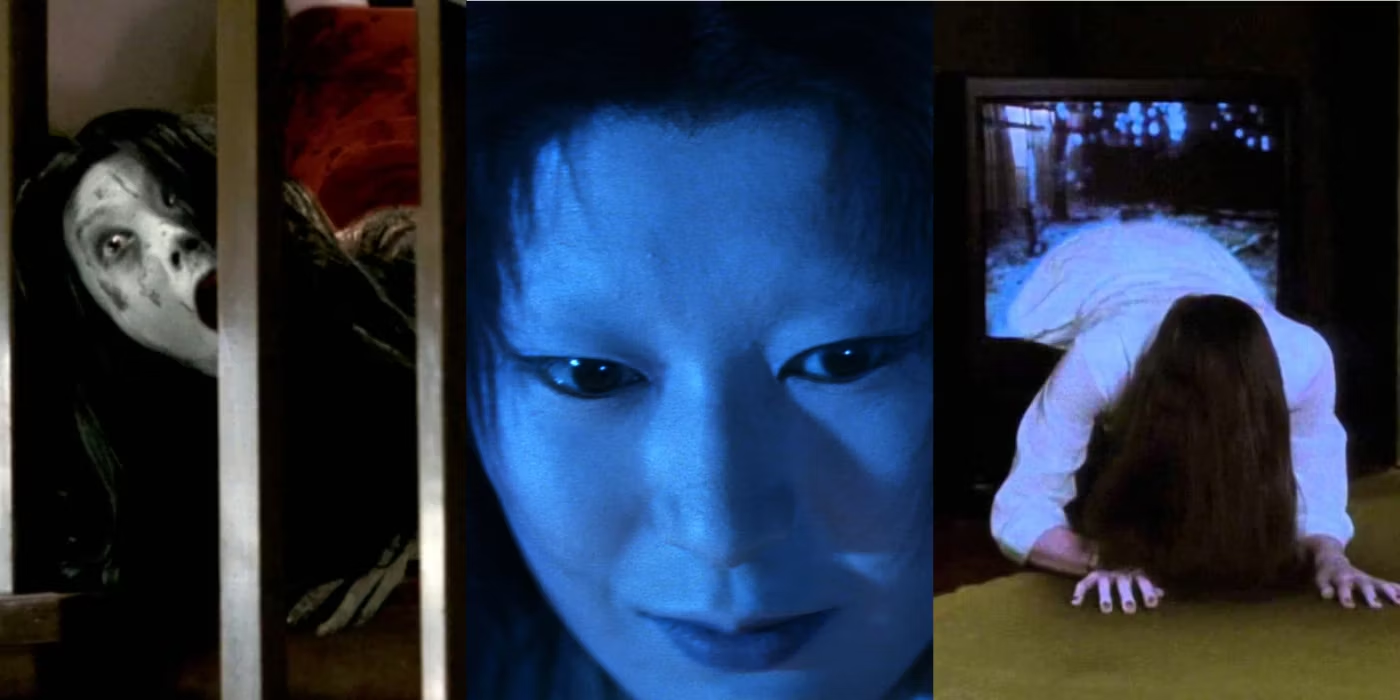
Atmospheric and Symbolic Storytelling
Japanese horror films are known for their atmospheric storytelling, using visual and auditory elements to build a sense of dread. The careful use of symbolism, such as recurring motifs or eerie settings, enhances the overall experience. For example, the persistent motif of water in Dark Water symbolizes the inescapable nature of the supernatural presence.
This atmospheric approach creates a pervasive sense of unease that lingers long after the film ends. The symbolism and mood in these films add layers of meaning and contribute to their enduring impact on viewers.
Influence on Global Horror Cinema
Japanese horror films have significantly influenced global horror cinema, introducing innovative techniques and themes that have been adopted and adapted by filmmakers worldwide. The success of films like Ringu and Ju-on led to numerous remakes and inspired a new wave of supernatural horror.
This influence highlights how Japanese horror films are more than just scares—they have shaped the genre and contributed to its evolution on a global scale. Their unique storytelling and cultural elements have enriched the horror genre, offering new perspectives and approaches.
Emotional and Intellectual Engagement
Unlike many horror films that rely primarily on fear for entertainment, Japanese horror often engages viewers on an emotional and intellectual level. The films provoke thought and reflection, encouraging audiences to explore deeper themes and confront uncomfortable truths. This emotional engagement adds to the horror experience, making it more impactful and resonant.
By combining fear with thoughtful exploration of human experiences and cultural beliefs, Japanese horror films offer a richer and more multifaceted experience. They challenge viewers to consider not only what scares them but also why.
Conclusion
Japanese horror films are more than just scares; they are a complex and multifaceted genre that explores cultural, psychological, and societal themes. Through their use of traditional folklore, psychological depth, social commentary, atmospheric storytelling, and global influence, these films provide a unique and insightful horror experience. They engage audiences on multiple levels, making them a significant and thought-provoking part of the horror genre.





